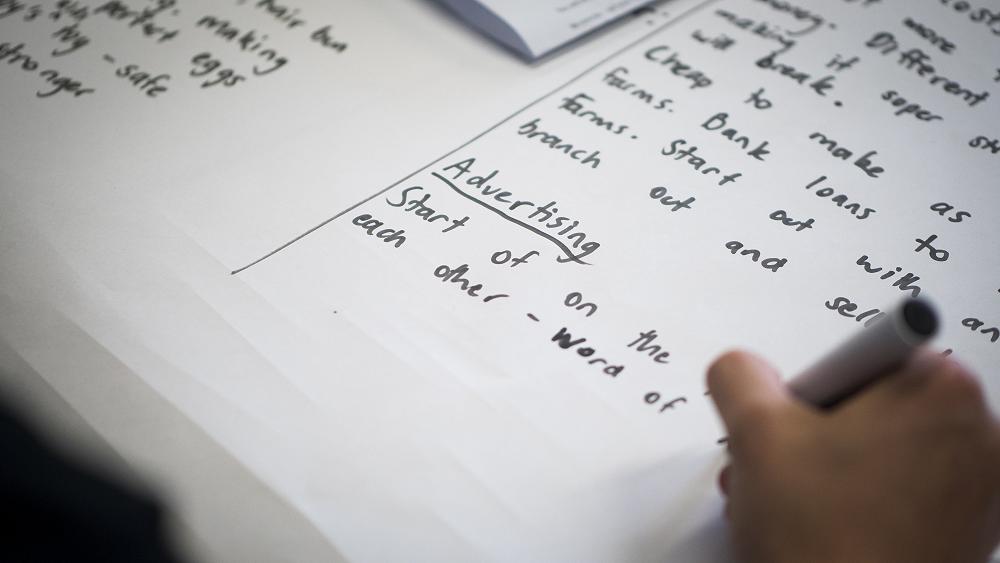
The write stuff
Additional strategies are helping students develop the literacy skills they need for occupational therapy practice.
We live in a society where technological advances are increasingly replacing the traditional use of paper and pen to write. However, handwritten documentation is still required for many purposes, for example patient notes by health professionals. Good literacy skills include correct grammar, spelling, punctuation, sentence construction, and handwriting legibility. Online sources such as Studiosity and Grammarly can assist with punctuation and spelling errors, but they are not designed for note writing.
During their clinical placements, health profession students need to produce written documentation in differing and unfamiliar guises. Strict time pressures mean that writing strategies they may have relied on previously are not available. To explore this issue, Principal Lecturer Narinder Verma undertook a small research project with 48 Occupational Therapy students on two campuses. The students were assigned two typical writing tasks.
Narinder found issues related to documentation in all three components of literacy: clarity, accuracy, and relevance. Several strategies have been identified and implemented to help students develop the skills they need. One contributing factor may be a lack of opportunities to practice writing, so our School of Occupational Therapy has identified additional opportunities for students to practice observation and writing skills. Students are also now offered templates of the documentation required during their placements, so they can familiarise themselves with what is expected. Occupational therapists supervising student placements are also encouraged to guide students with their documentation.
